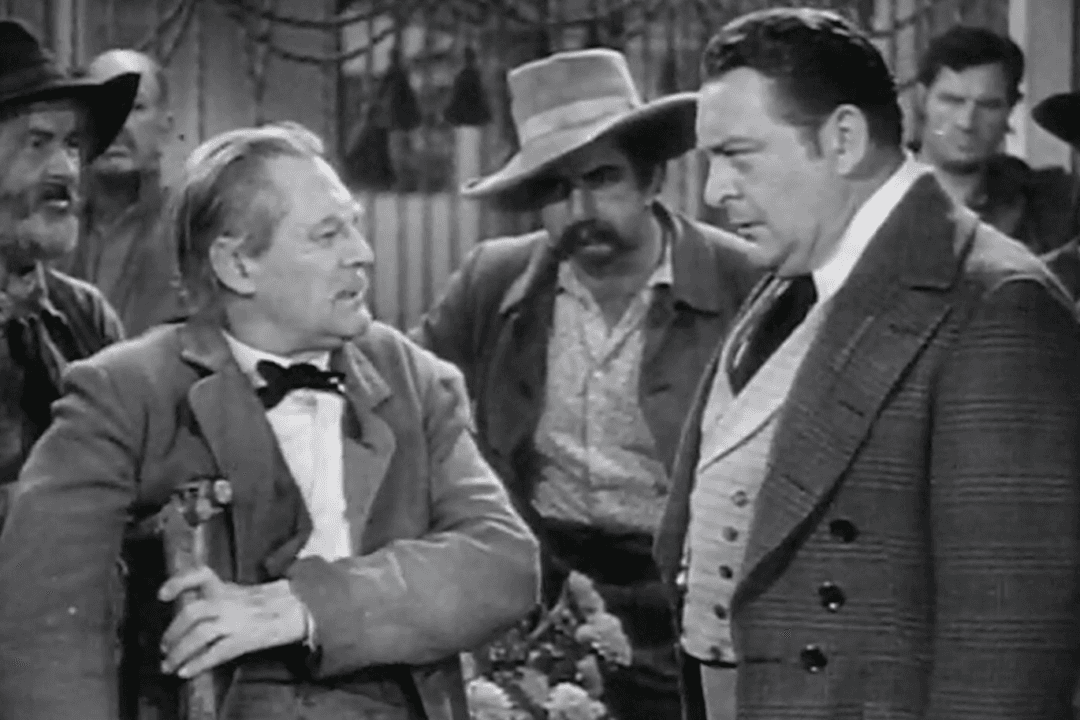Commentary
As the aftermath of the horrific Maui fire is all over the news, my mind has gone to films that deal with fire. There’s “San Francisco” from 1936, of course, which stars Clark Gable and Jeanette MacDonald against the background of the earthquake and ensuing fire in 1906. Two years later, “In Old Chicago” featured Tyrone Power, Don Ameche, and Alice Faye in a fictionalized story about the O’Leary family, whose cow may or may not have started the Great Chicago Fire of 1871. However, there’s another film which seems even more comparable to what happened in Lahaina.





